We Learn Best by Being Taught
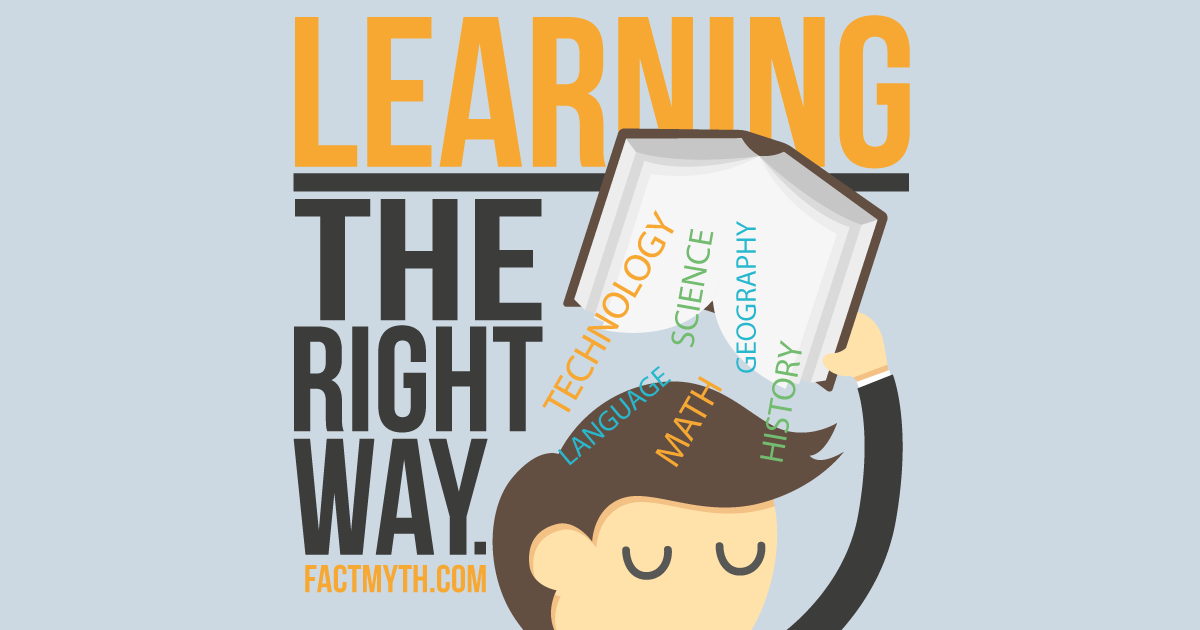
The best way to learn isn’t “being taught”, its mixing self-directed learning with the roles of student, peer, and teacher in different social settings.
Social science is the study of relationships within a society including economics, political science, and more. Many social sciences like philosophy are also considered humanities (the study of culture).

The best way to learn isn’t “being taught”, its mixing self-directed learning with the roles of student, peer, and teacher in different social settings.
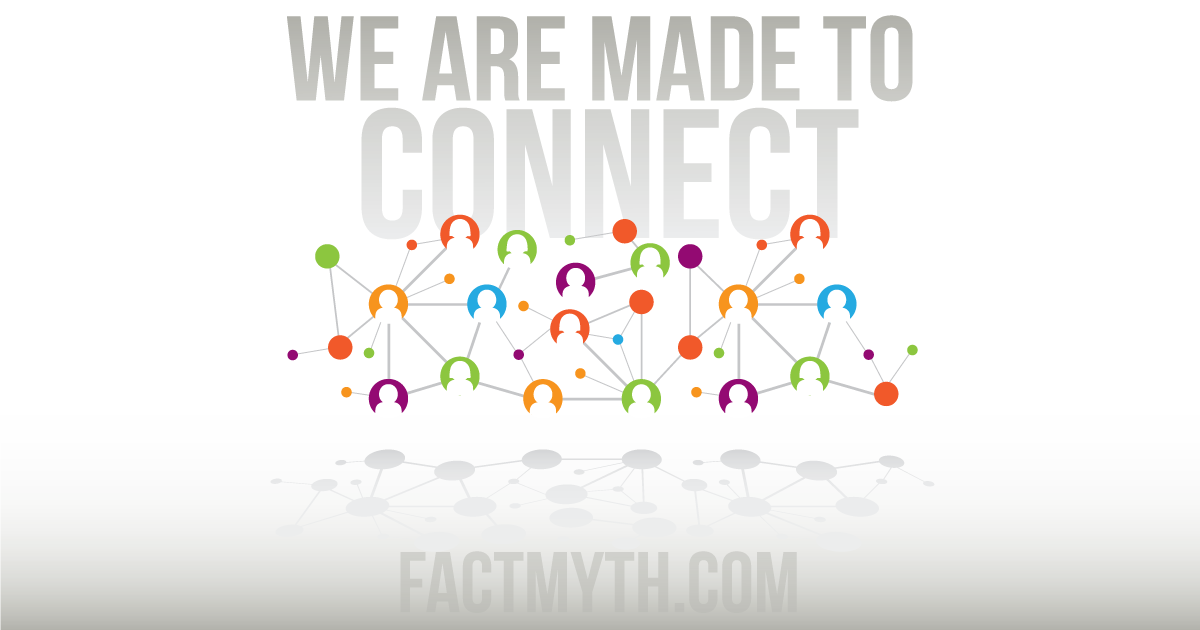
Humans are hardwired to be social beings. We naturally cooperate, care, and compete. From quarks, to cells, to plants, to animals, cooperation is in our DNA.
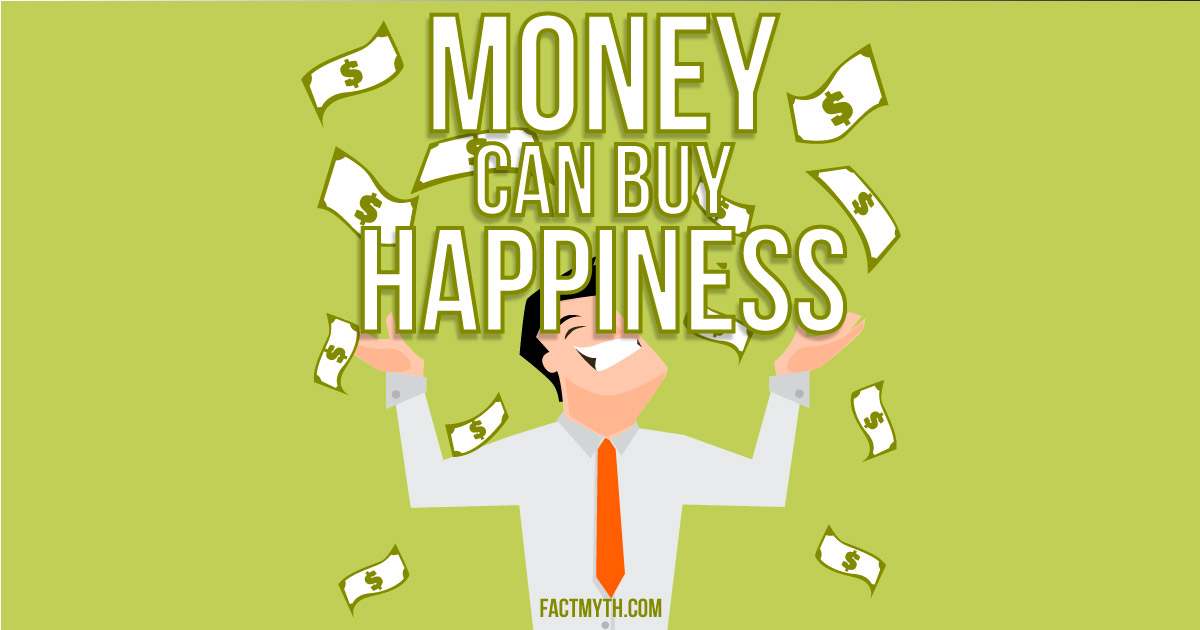
Money can buy happiness in some ways, and cause unhappiness in others, studies have shown that different types of wealth and income affect happiness and unhappiness in a variety of ways.
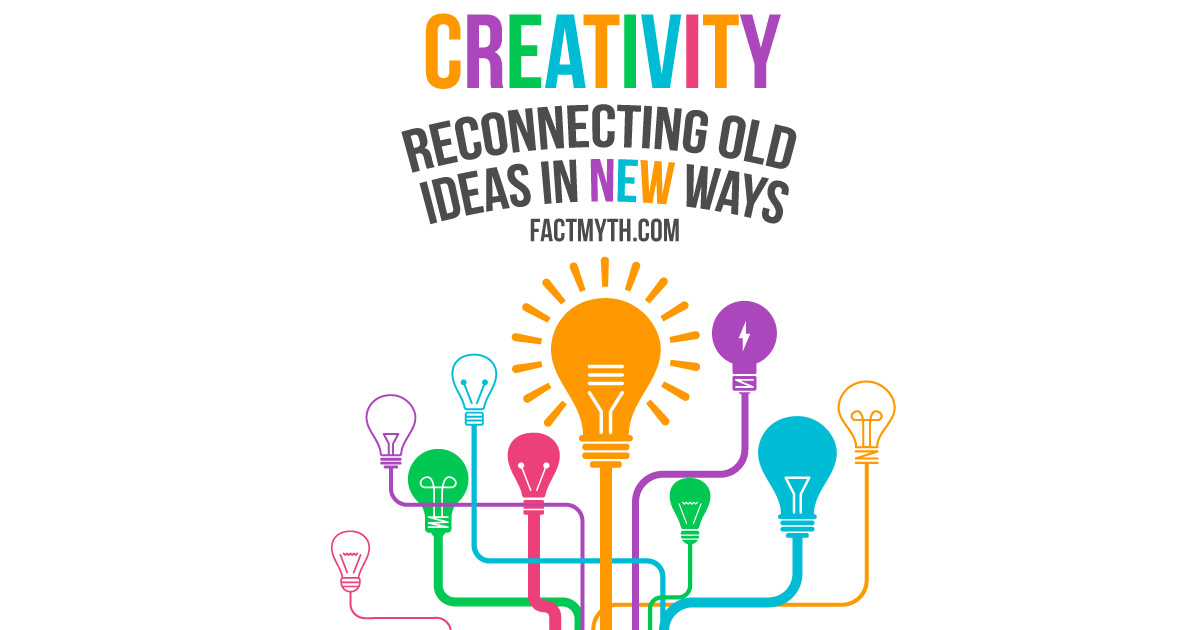
Humans can’t have new ideas without prior sensory input. We copy, transform, and combine old ideas to create new ones.
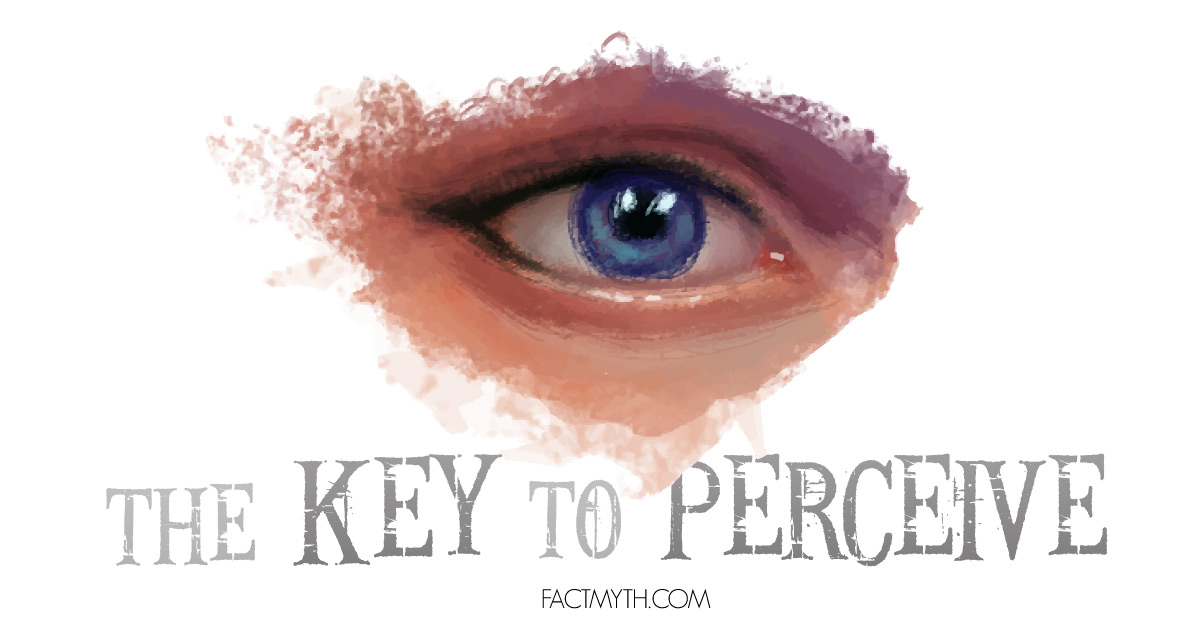
The amount of social, economic, or other value we perceive a person, place, or thing to have affects our perception of it (often more than actual value).
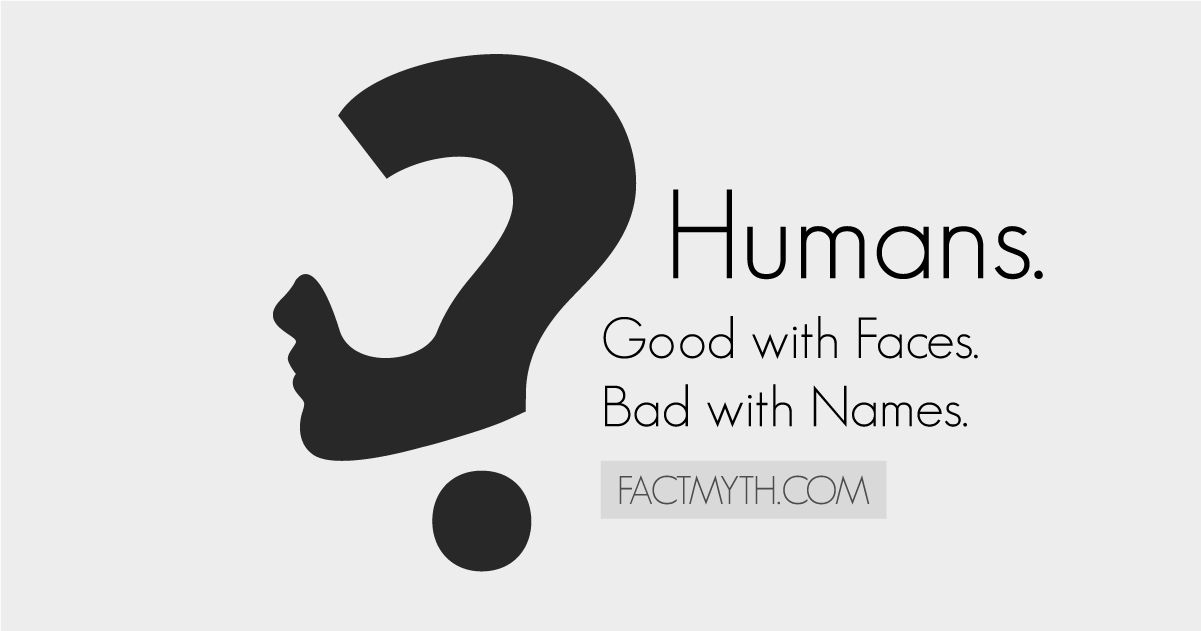
The average human has a limited short-term memory and a fairly inaccurate long-term memory. This is due to the way we process, encode, and recall memories.
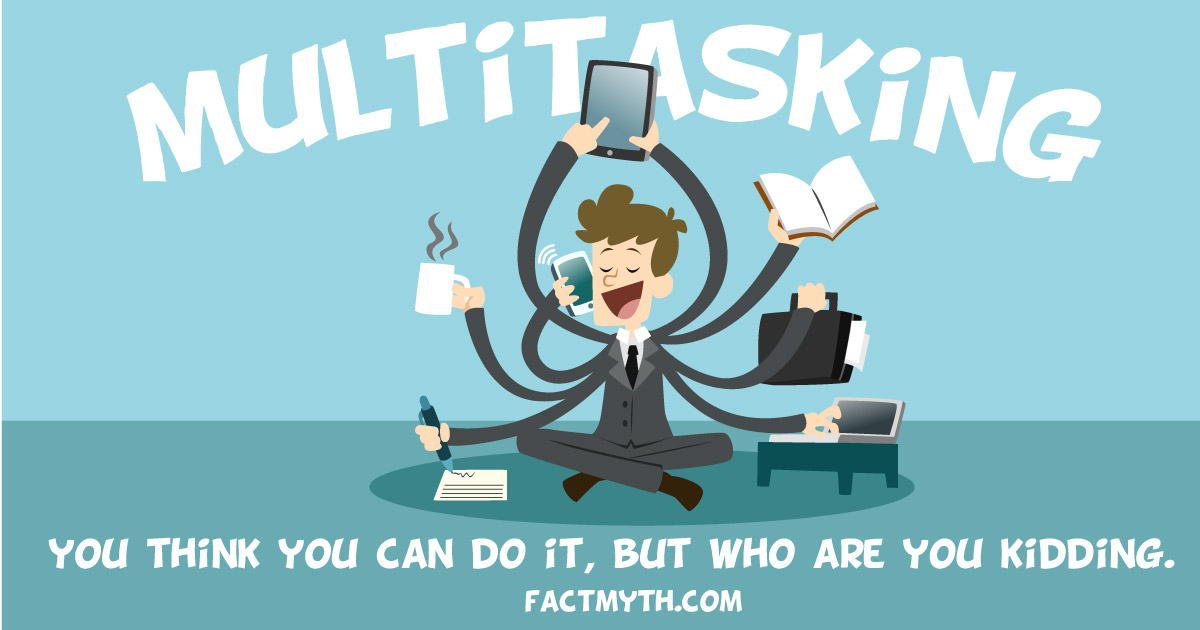
People can’t multitask effectively. Giving simultaneous attention to tasks, or alternating and dividing attention between tasks, reduces the performance of at least one task.
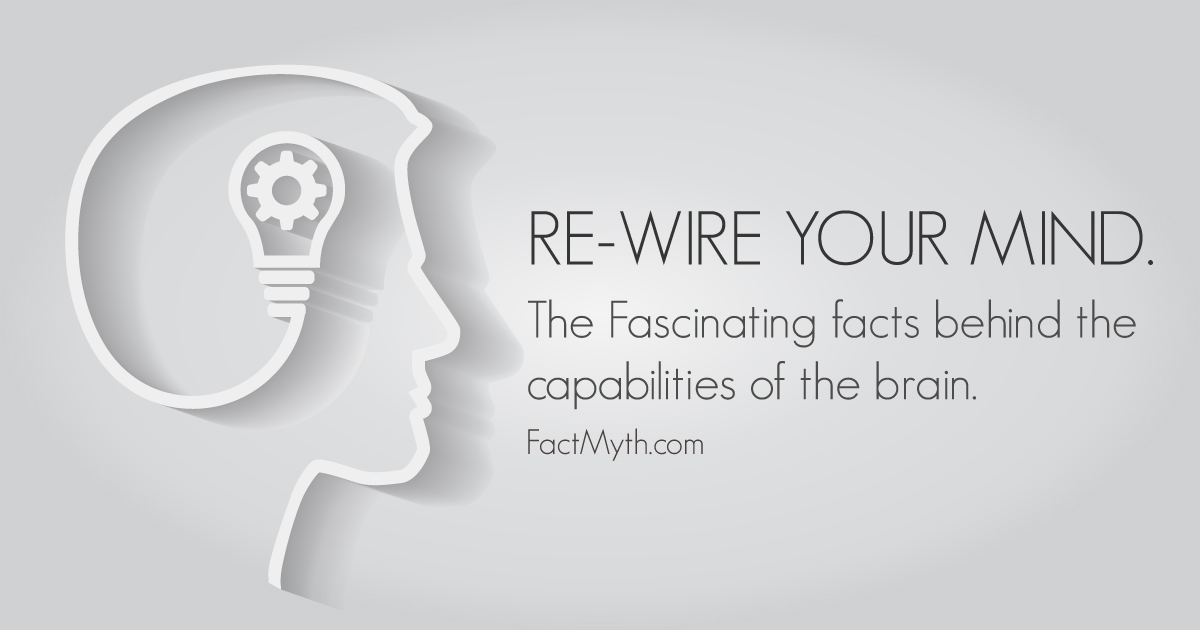
Thoughts and other stimuli can essentially “rewire” our brain, strengthening useful synaptic pathways and weakening less used ones, this is called neuroplasticity (AKA learning and memory).
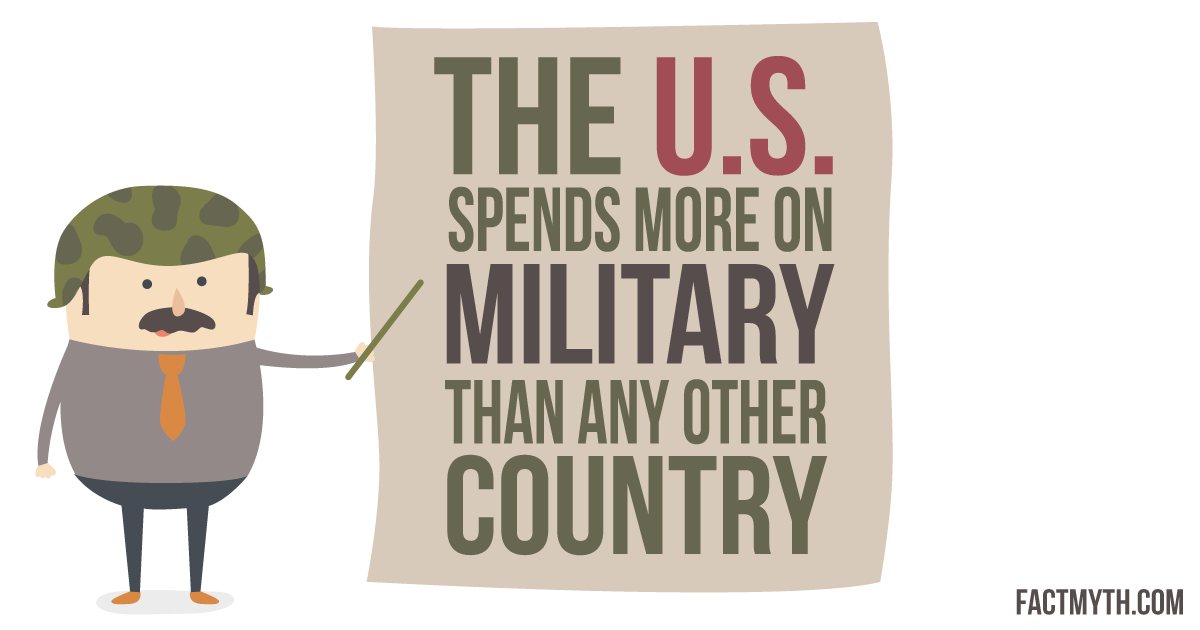
The US spends far more on its military than any other country (but not when compared to GDP). In 2015 America spent about $600 billion on U.S. defense spending.